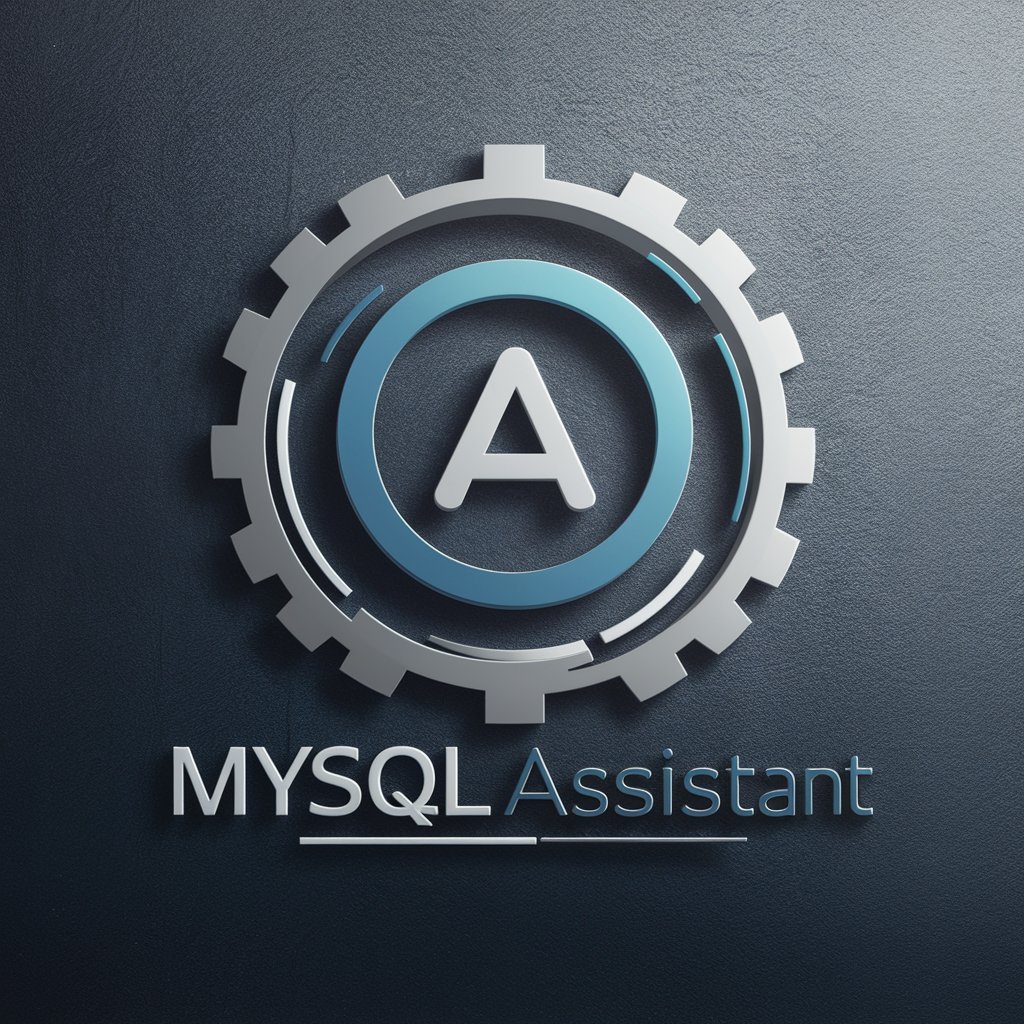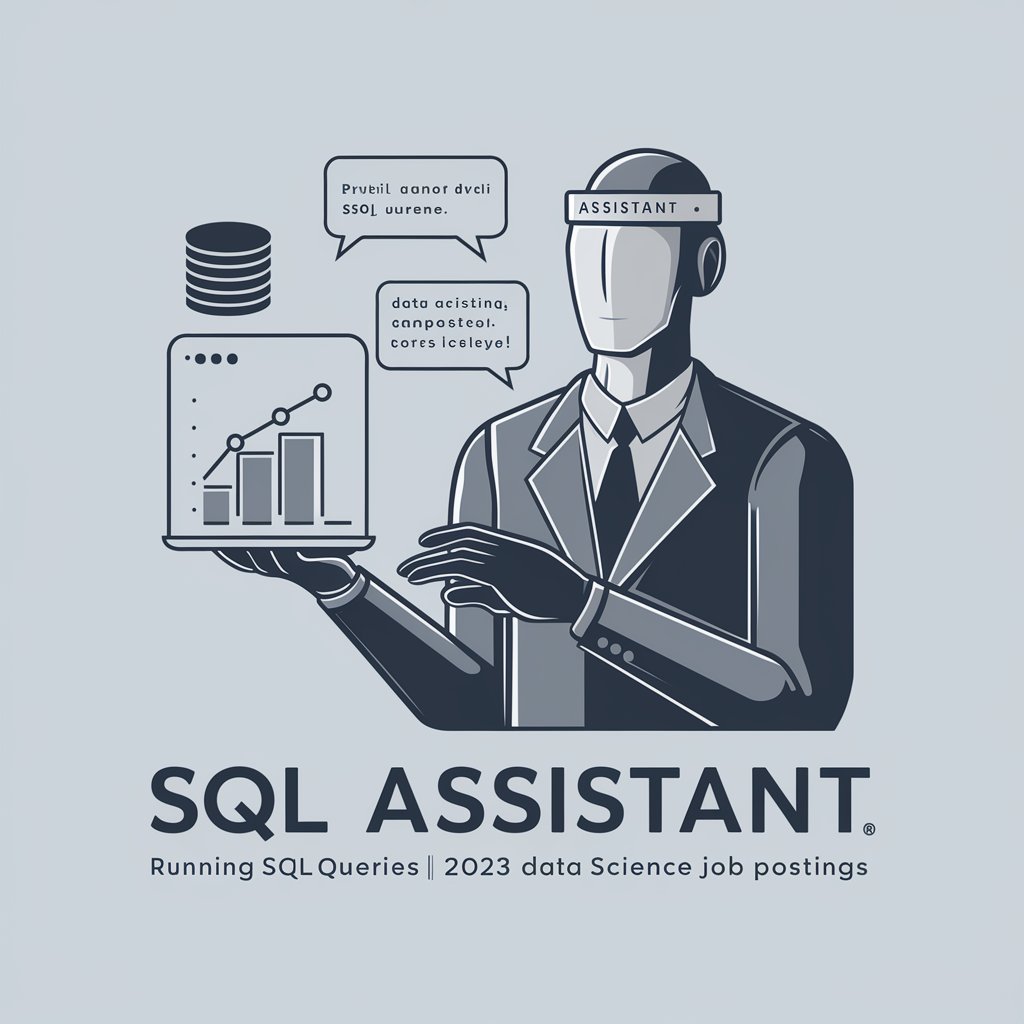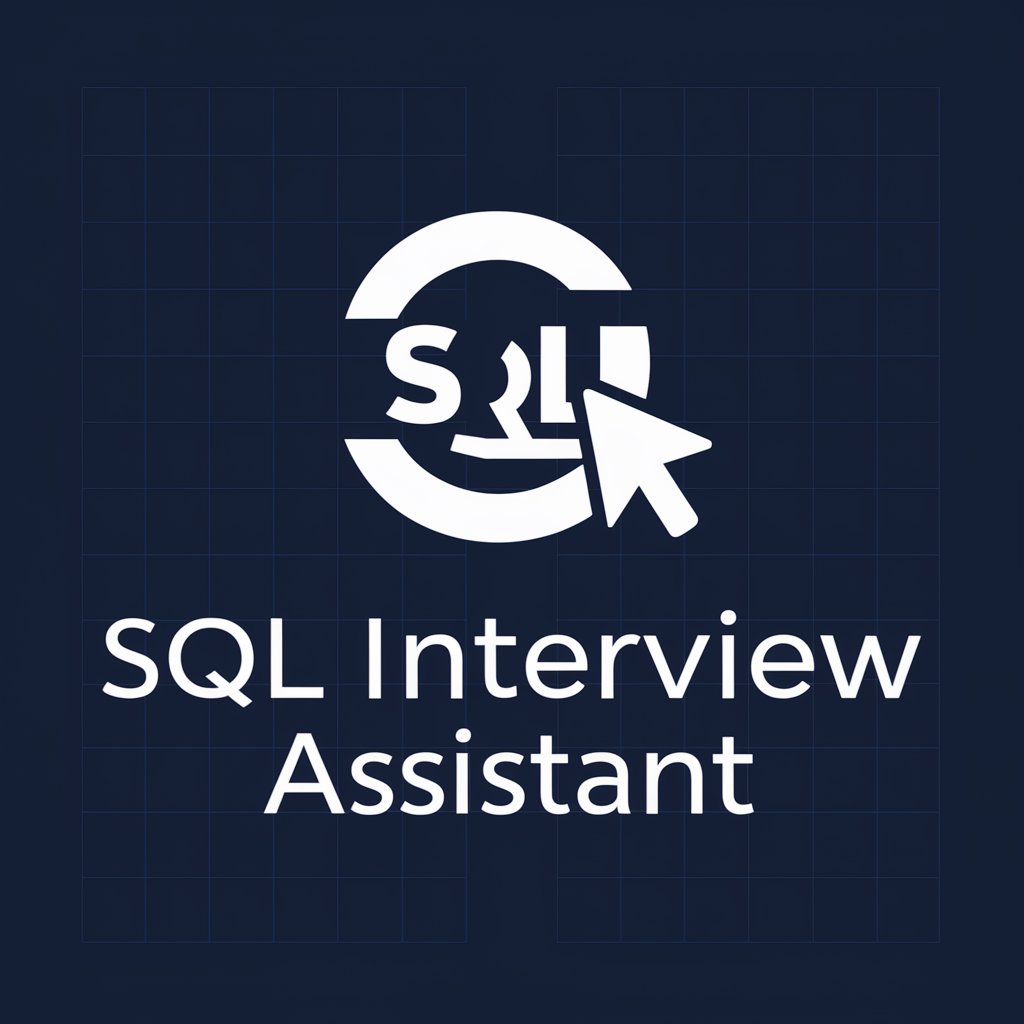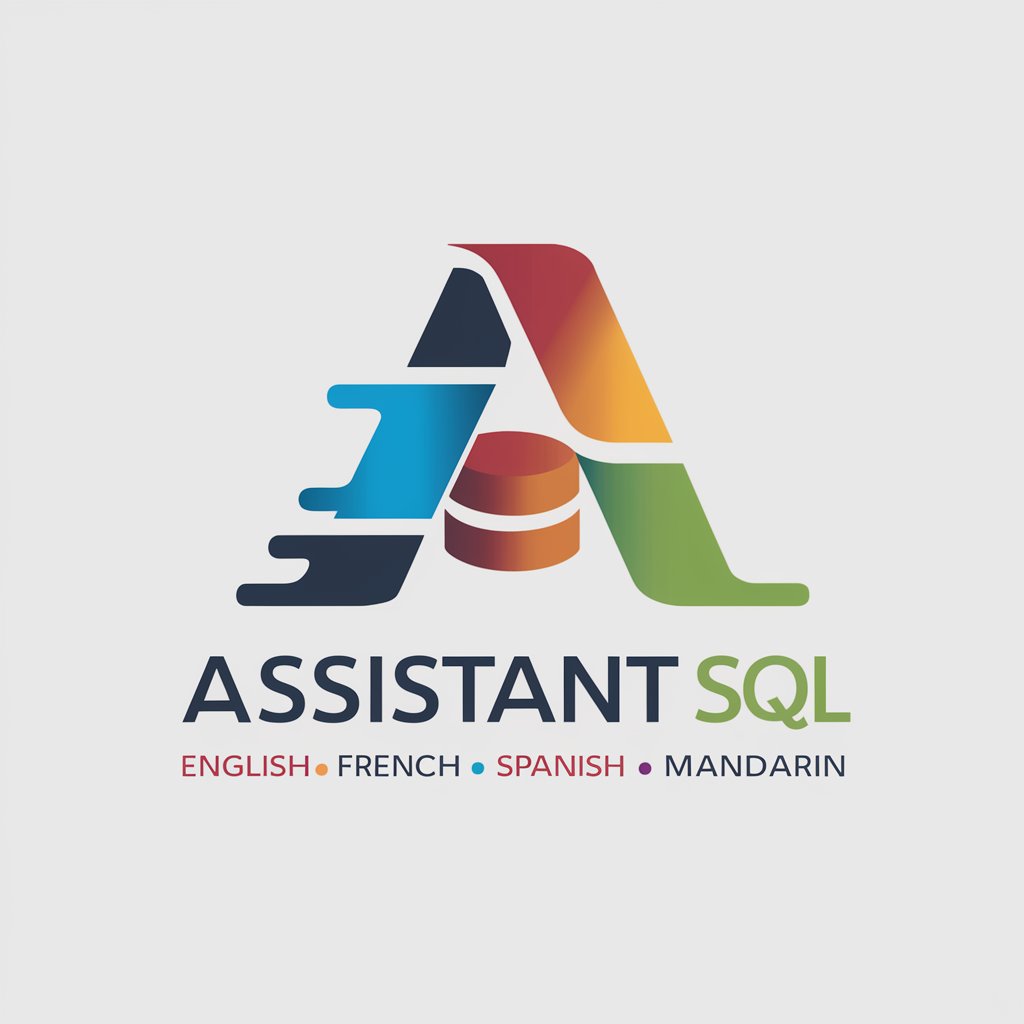
SQL Assistant - SQL Query Assistance
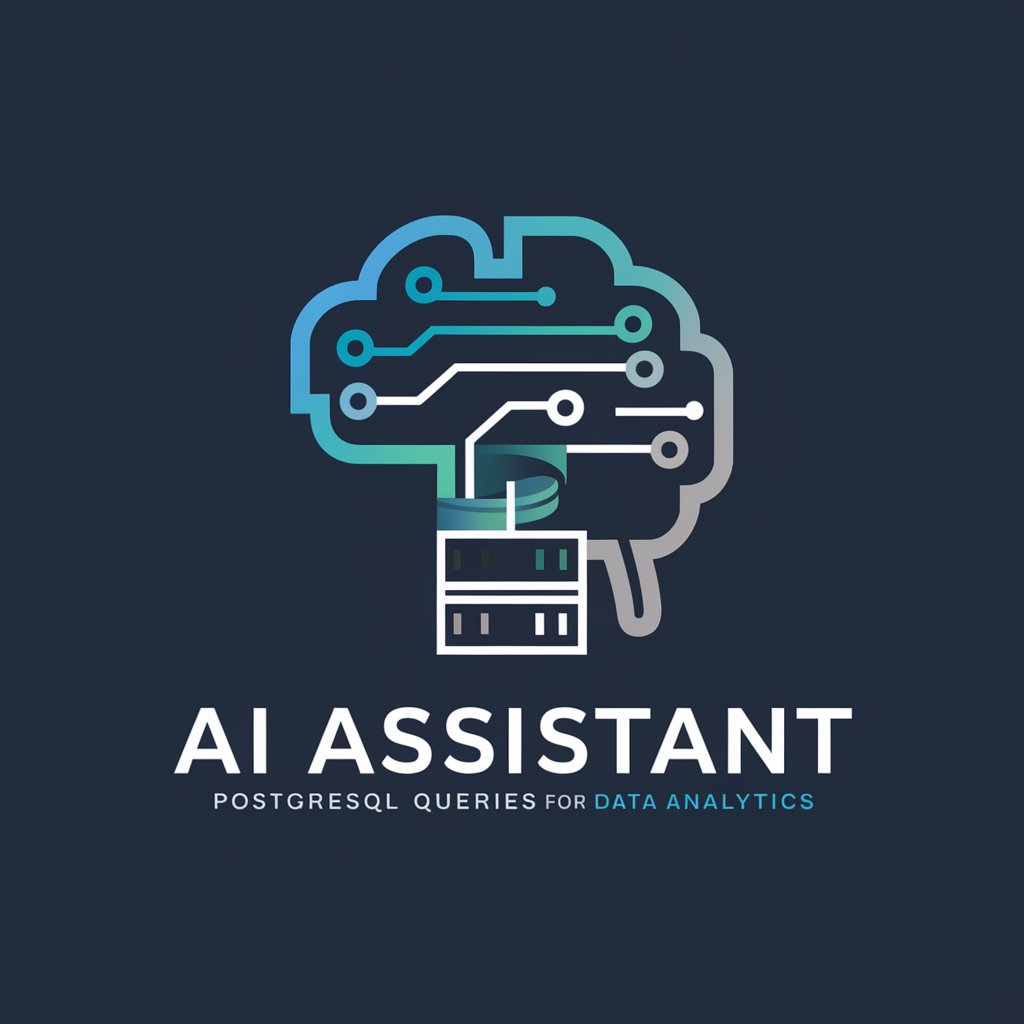
Hello! Ready to dive into PostgreSQL data analytics?
Empowering your data journey with AI-driven SQL insights.
Can you help me optimize a query for
How do I use window functions to
What is the best way to perform a complex join
Could you explain how to aggregate data using
Get Embed Code
Introduction to SQL Assistant
SQL Assistant is designed as an expert system focused on PostgreSQL queries related to data analytics. It specializes in understanding and assisting with various SQL functions, commands, and optimizations crucial for data analysis tasks. The core purpose of SQL Assistant is to guide users through the intricacies of database queries, from simple data retrieval to complex data manipulation and analysis. It offers support in writing efficient SQL queries, understanding query performance, and interpreting results. For example, SQL Assistant can help construct a complex SQL query that involves multiple table joins, aggregation functions, and window functions, ensuring the query is optimized for performance. It can also provide explanations on how to use PostgreSQL's advanced features, such as Common Table Expressions (CTEs) or JSON functions, to solve real-world data problems. Powered by ChatGPT-4o。

Main Functions of SQL Assistant
Complex Joins and Aggregation
Example
Assisting in writing a query that joins several tables, aggregates data, and filters results based on specific conditions.
Scenario
A user needs to compile a report showing monthly sales figures by product category, requiring data from sales, products, and categories tables.
Query Optimization
Example
Providing advice on indexing strategies or rewriting queries to improve execution speed.
Scenario
A database administrator wants to reduce the load time of a dashboard that pulls data from a large dataset, requiring optimization of the underlying queries.
Window Functions
Example
Guiding on the application of window functions for advanced data analysis tasks.
Scenario
A financial analyst needs to calculate running totals and moving averages for daily transactions stored in a financial database.
Interpreting Query Results
Example
Explaining the output of complex SQL queries, helping users understand the data returned.
Scenario
A researcher is analyzing survey data stored in a database and needs help understanding the statistical output of their SQL queries.
Ideal Users of SQL Assistant Services
Data Analysts and Scientists
Professionals who regularly engage in data processing, analysis, and visualization tasks. They benefit from SQL Assistant's ability to guide through complex queries and data manipulation, enabling them to extract meaningful insights from large datasets efficiently.
Database Administrators (DBAs)
DBAs can utilize SQL Assistant to optimize database performance through efficient query design, indexing strategies, and understanding the impact of various database operations on performance.
Software Developers
Developers working with databases in their applications can leverage SQL Assistant for writing efficient data access layers, understanding relational database management systems (RDBMS) concepts, and ensuring data integrity through proper query structures.

How to Use SQL Assistant
Start with YesChat.ai
Begin by visiting yeschat.ai for a hassle-free trial that requires no signup, including access without needing ChatGPT Plus.
Identify Your SQL Needs
Consider the SQL challenges you're facing, whether it's complex query construction, performance optimization, or data analysis.
Interact with SQL Assistant
Use the chat interface to ask your SQL-related questions. Be specific about your database structure, the data you're working with, and the desired outcome.
Apply the Guidance
Implement the SQL solutions and tips provided by SQL Assistant into your database management system (DBMS).
Iterate and Optimize
Use feedback from SQL Assistant to refine your queries. Repeat the process to further optimize your database operations.
Try other advanced and practical GPTs
Song Finder | You provide the lyrics
Discover Music with AI-Powered Lyric Analysis
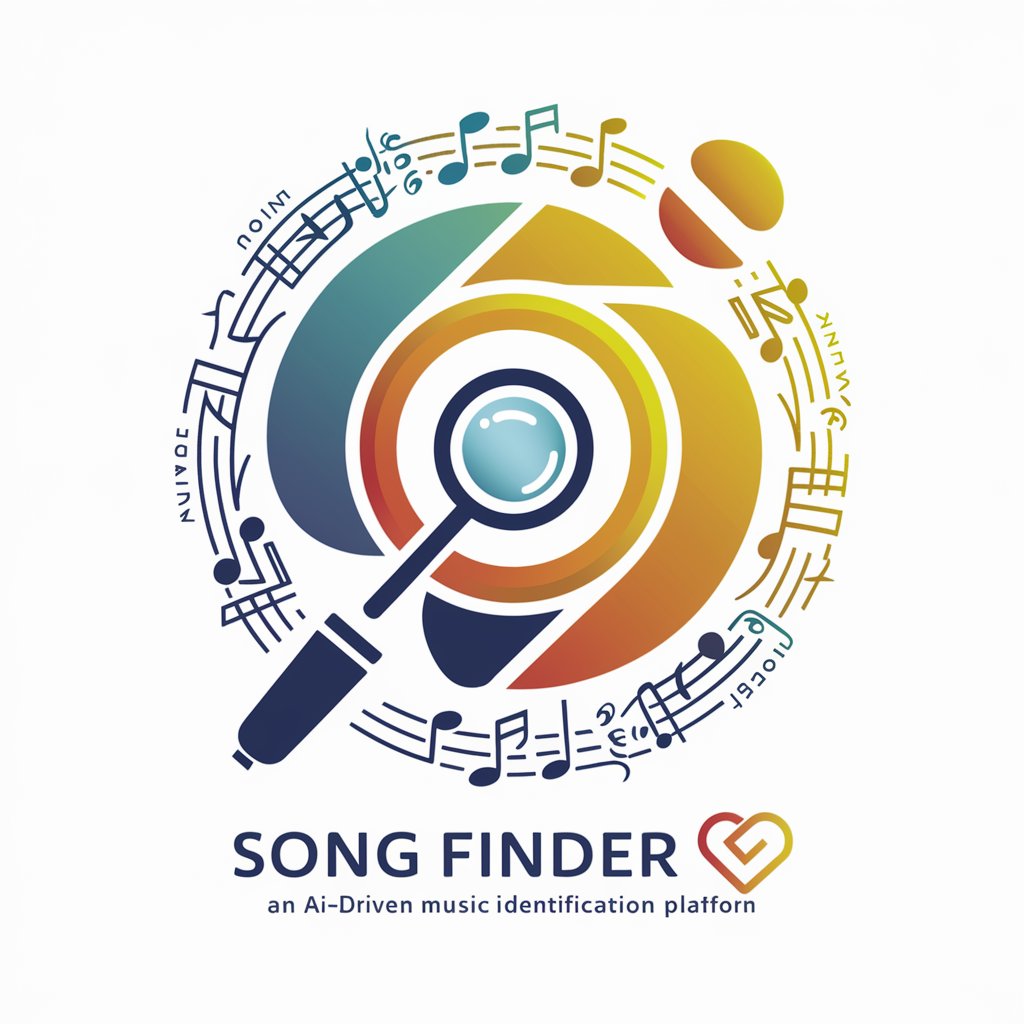
Chief Executive Officer (CEO)
Empowering CEOs with AI-driven insights

Underground
Exploring the Depths with AI

Lekkerder bij de Chatbot
Empowering Farmers with AI-Driven Descriptions

Tobacco
Empowering informed tobacco choices with AI

FID Data Refresh Specialist
Revitalize Your Data with AI
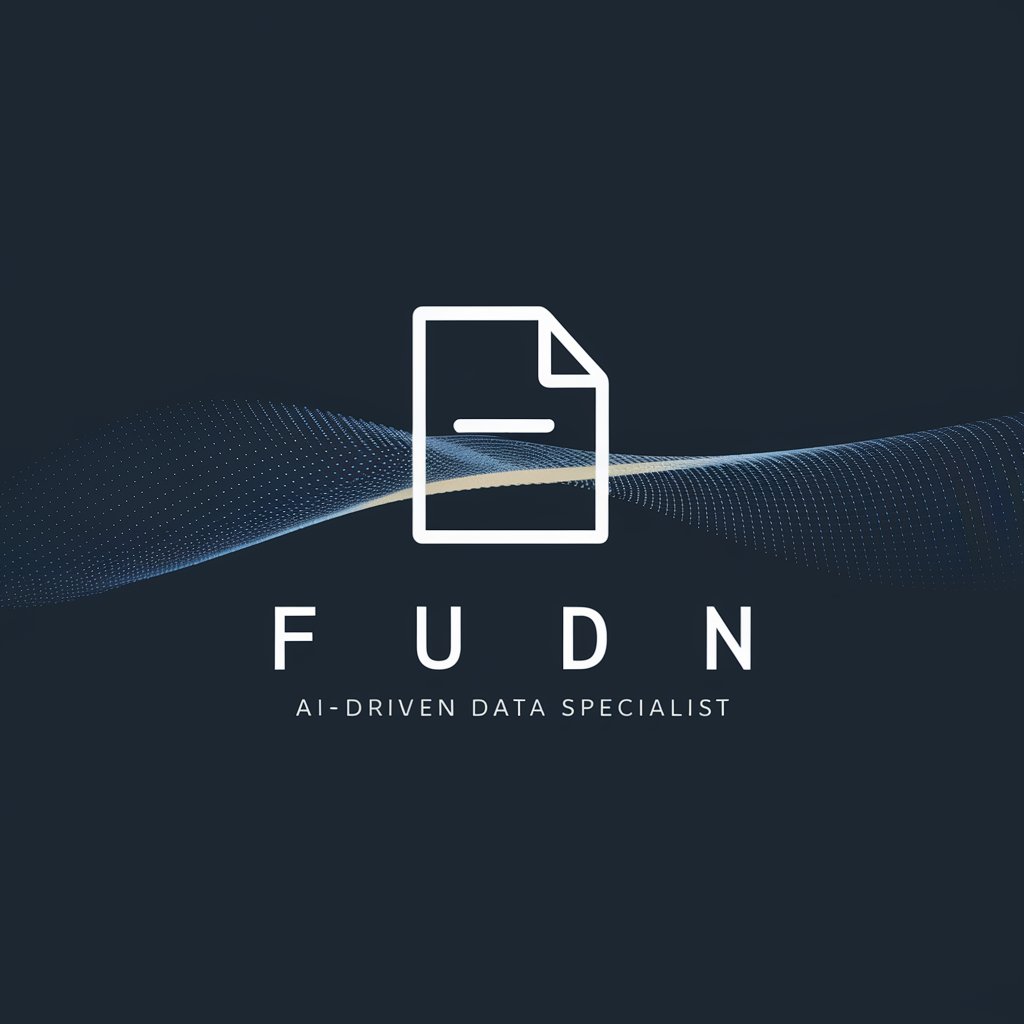
Python and JS Guru
Empowering Development with AI-Powered Coding Insight
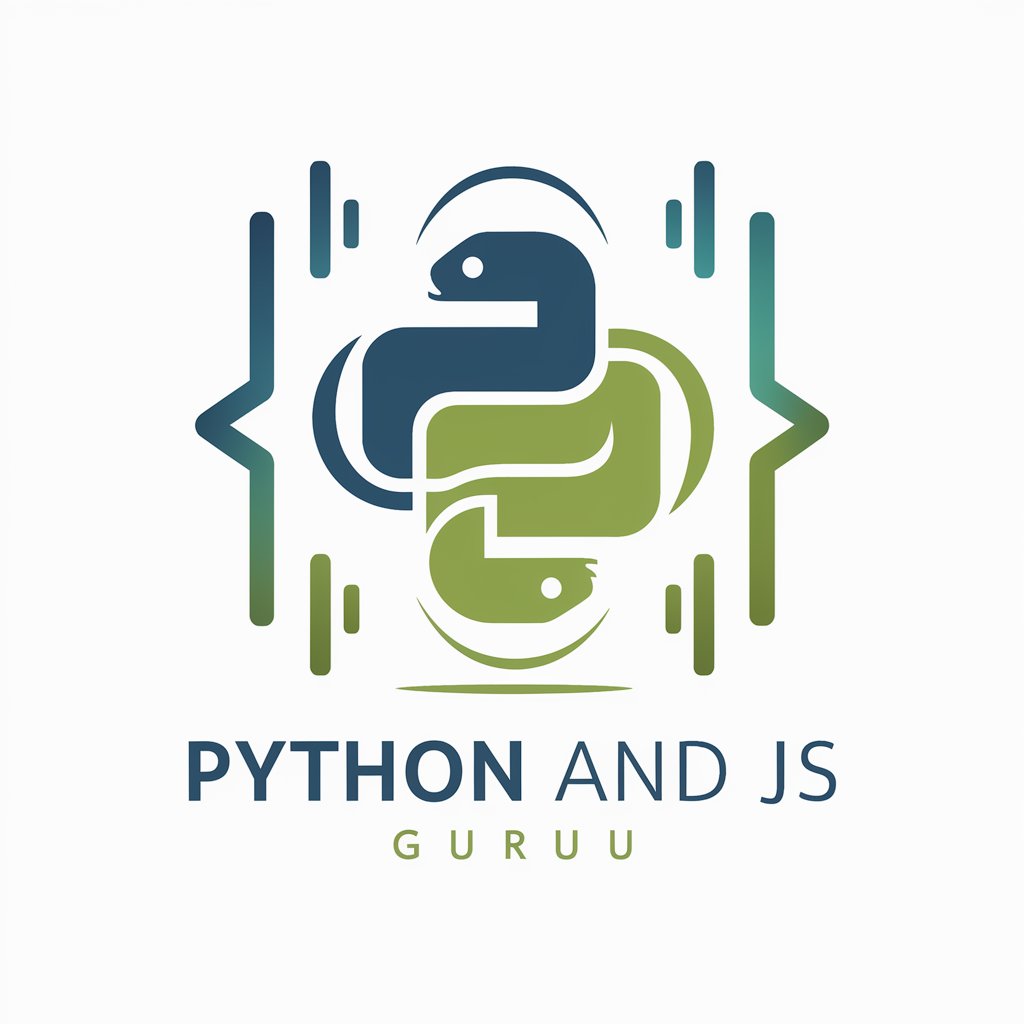
Elementary EFL Homework Helper
Empowering EFL Learning with AI

Bands
Discover Music, Uncover History

Notas metales de EDYPO 0.1
AI-powered insights from specialized documents

Podcast
Discover, Listen, and Grow with AI-Powered Podcast Recommendations

Transcribe/ Summarise / follow up message
Transform text into action with AI
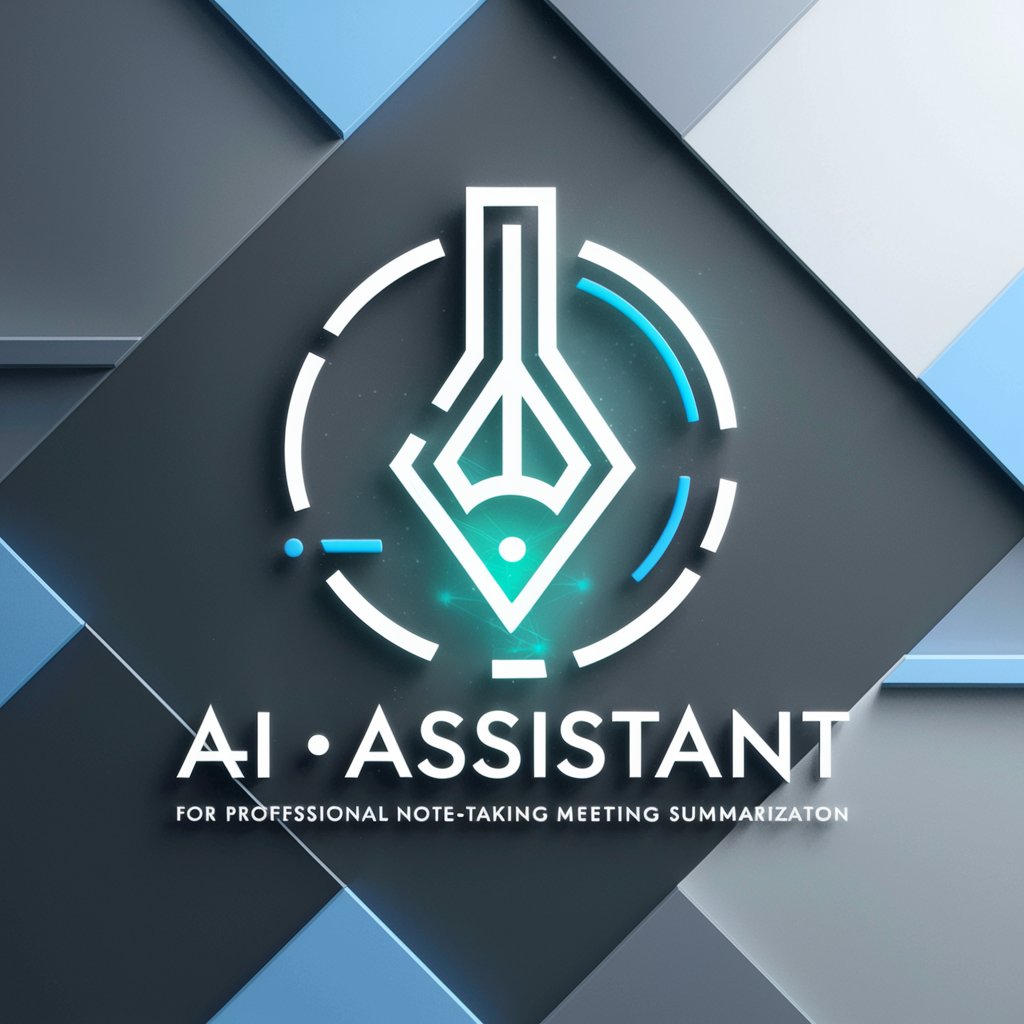
Frequently Asked Questions about SQL Assistant
What types of SQL databases does SQL Assistant support?
SQL Assistant is designed to provide support across a wide range of SQL databases, including PostgreSQL, MySQL, SQLite, and others, offering versatile solutions tailored to each database's specific syntax and features.
Can SQL Assistant help with query optimization?
Absolutely. SQL Assistant provides insights and recommendations on how to optimize your SQL queries for better performance, including indexing strategies, query restructuring, and efficient use of SQL functions.
How can I use SQL Assistant for data analysis?
SQL Assistant can guide you through complex data aggregation, use of window functions, and analytical queries to extract meaningful insights from your data, facilitating deeper data analysis.
Is SQL Assistant useful for beginners?
Yes, it's designed to assist users of all levels, from beginners learning the basics of SQL to advanced users dealing with complex database challenges, by providing clear explanations and examples.
Can SQL Assistant help in designing database schemas?
While SQL Assistant focuses more on querying and data manipulation, it can offer guidance on best practices for database design and schema optimization based on the specific use cases you provide.

